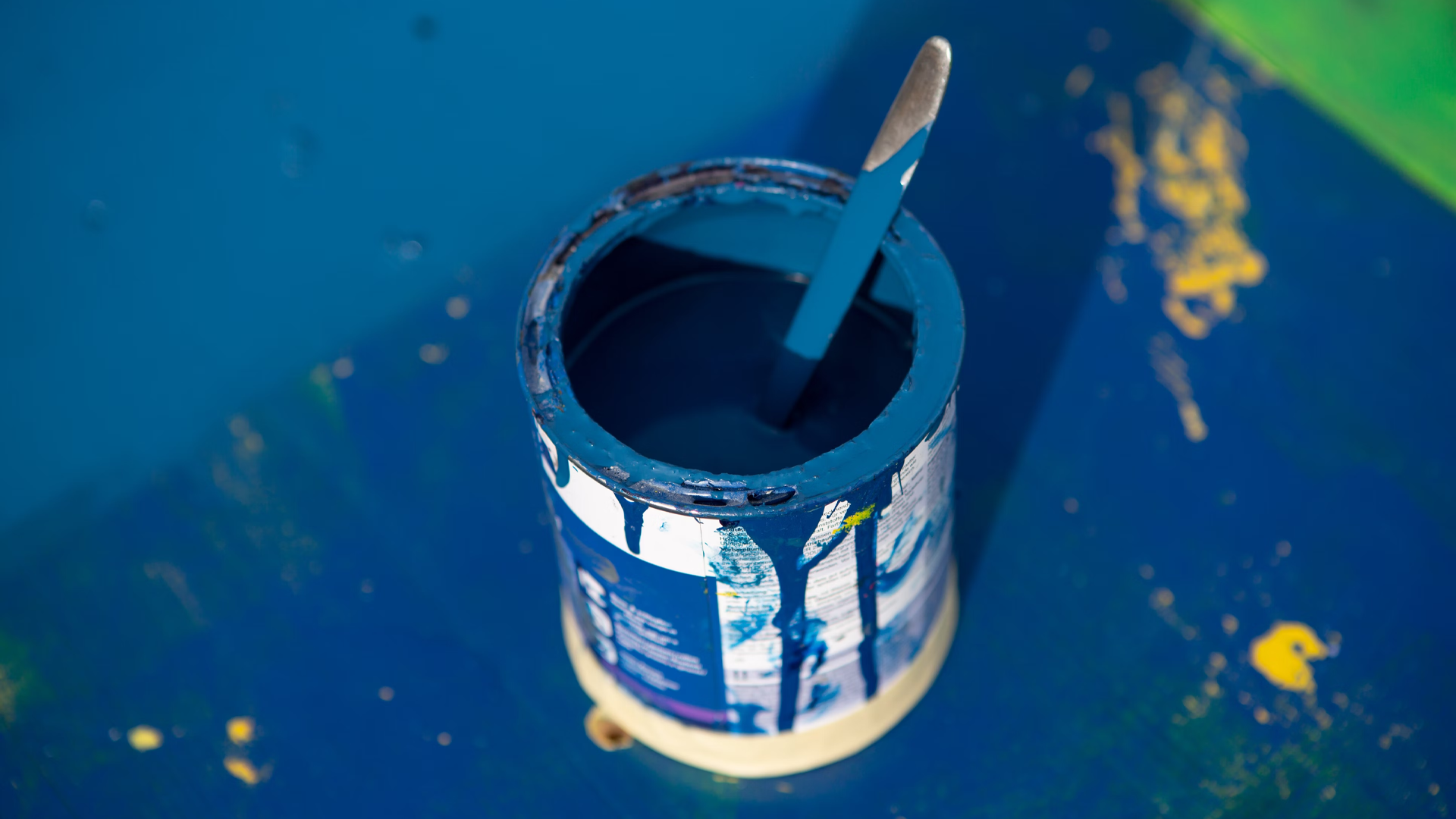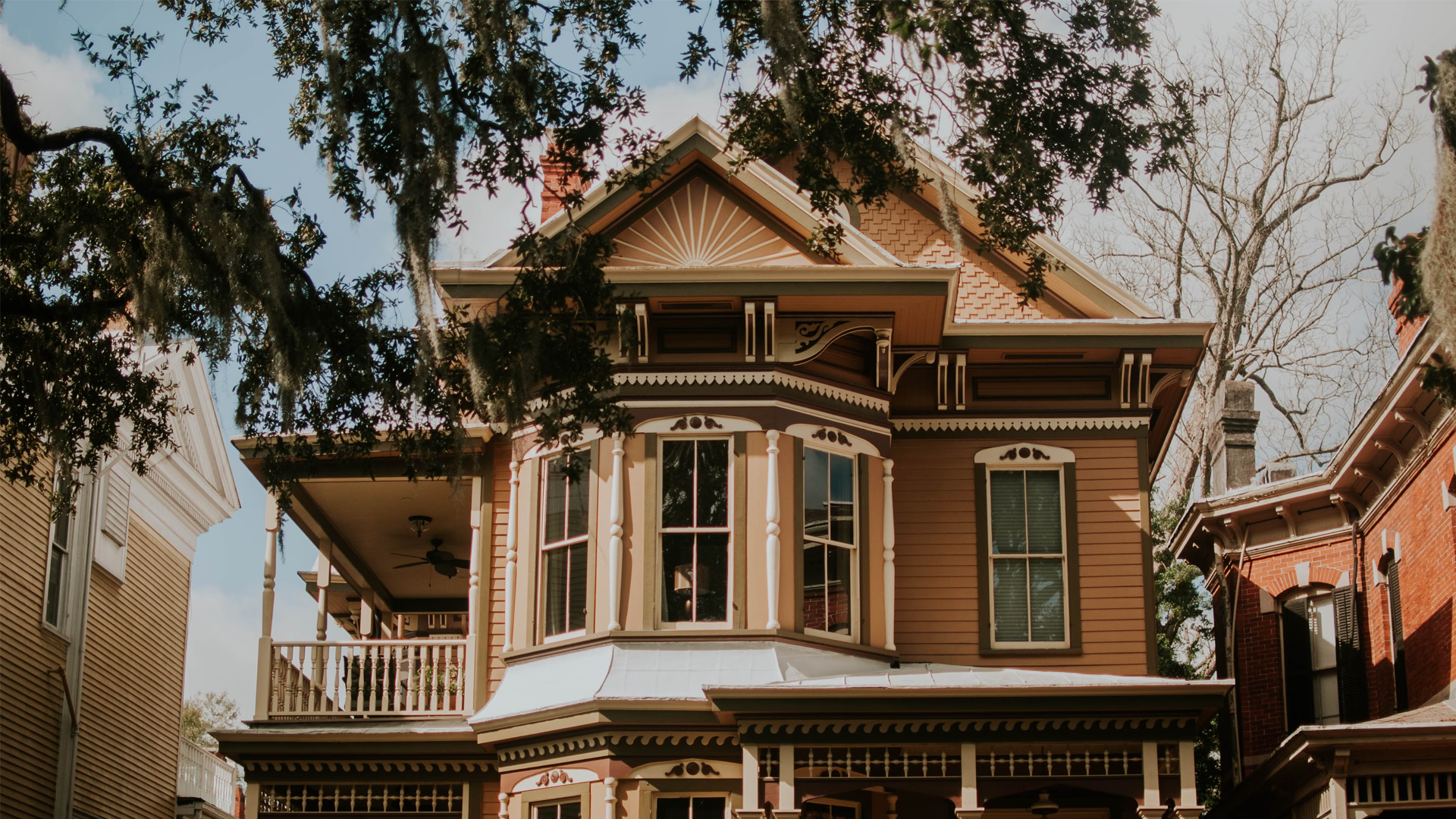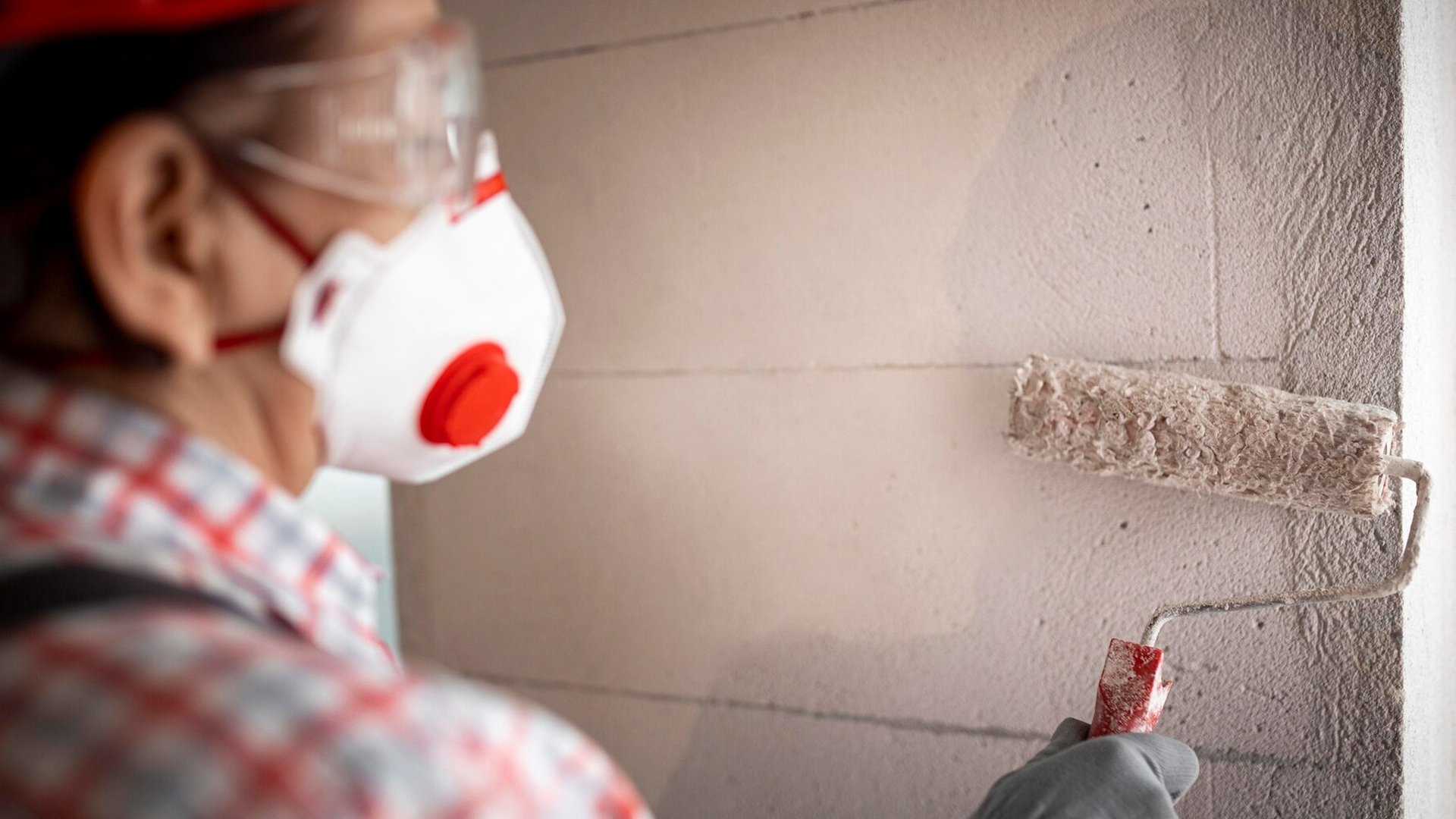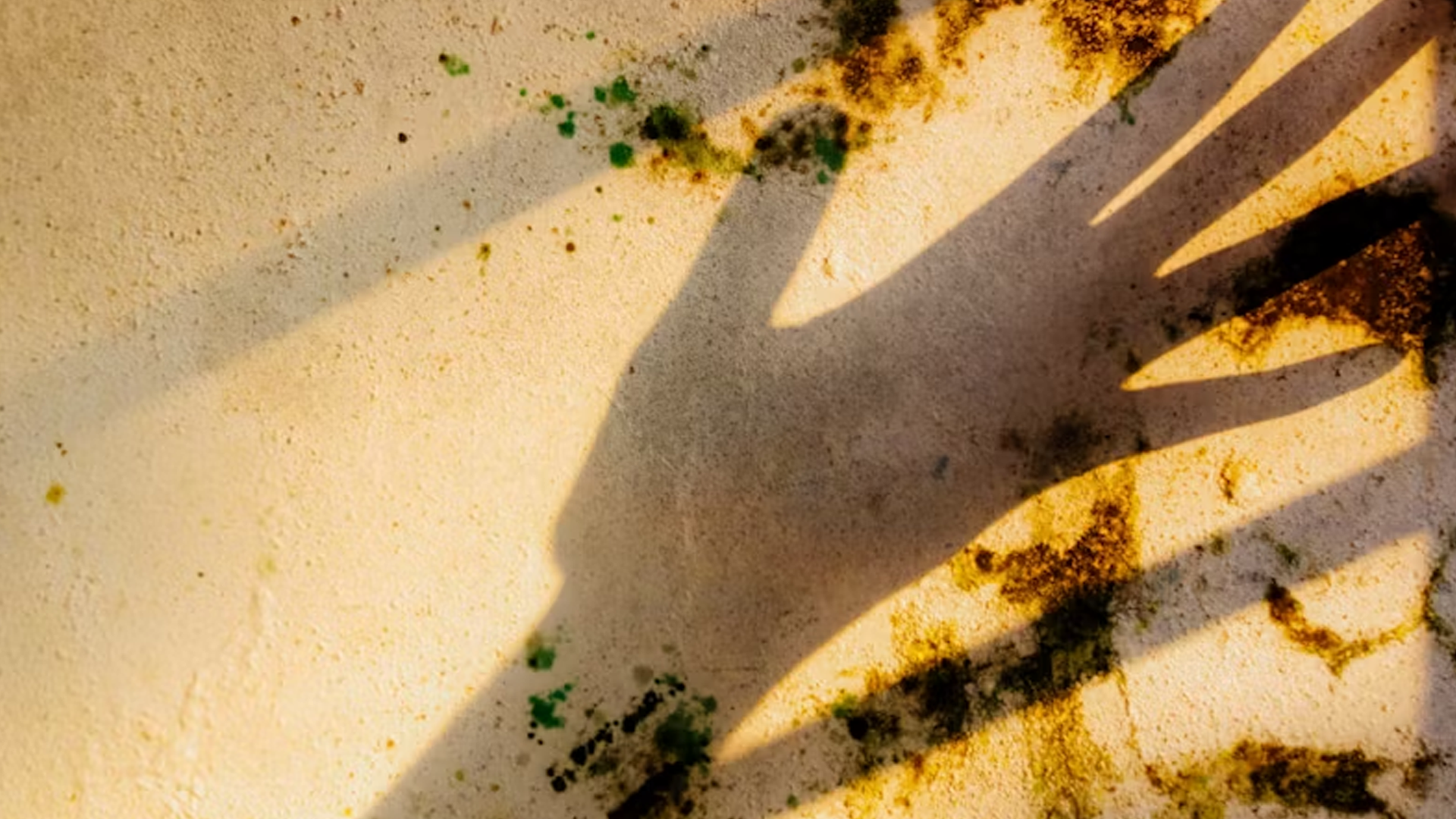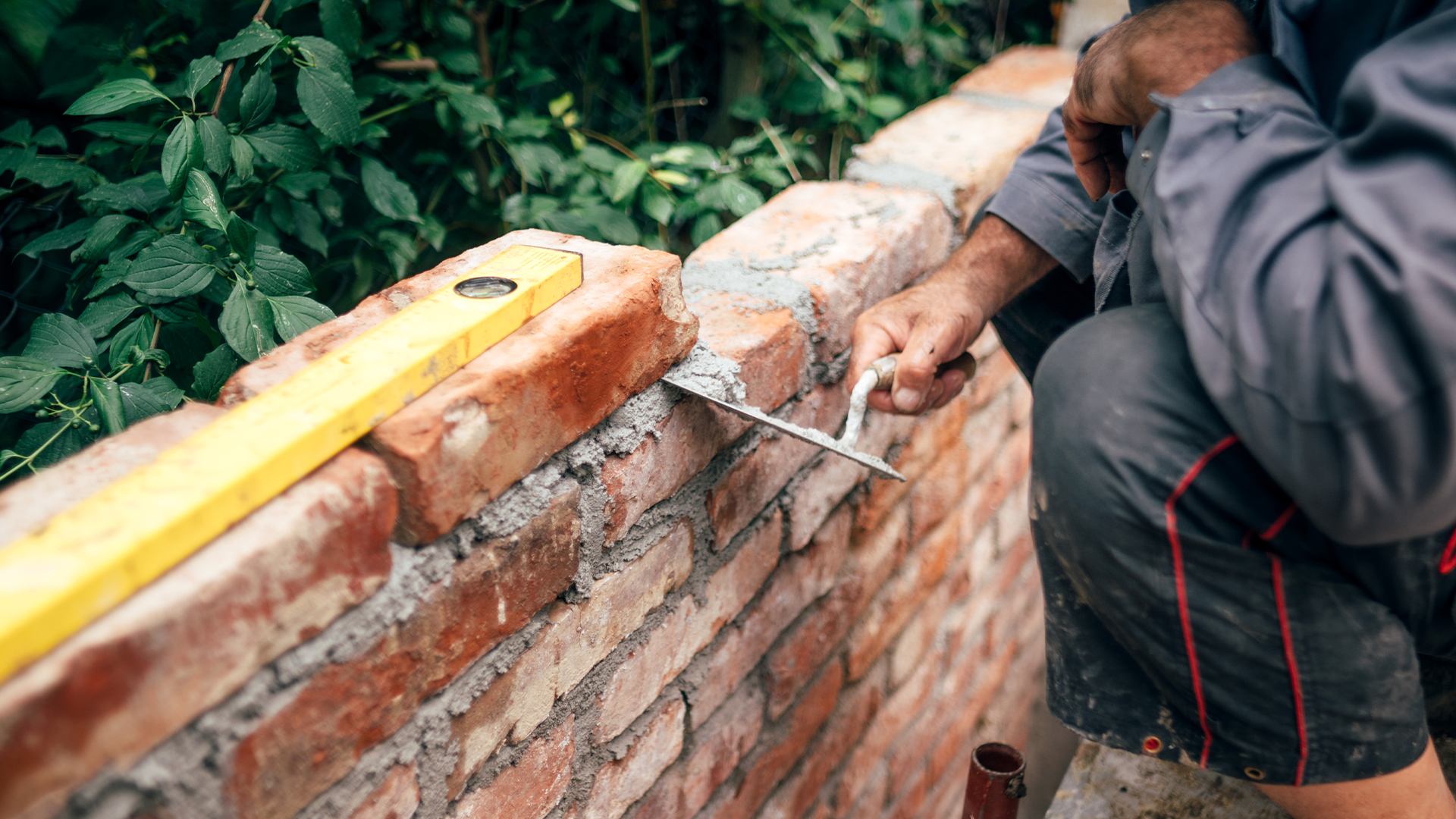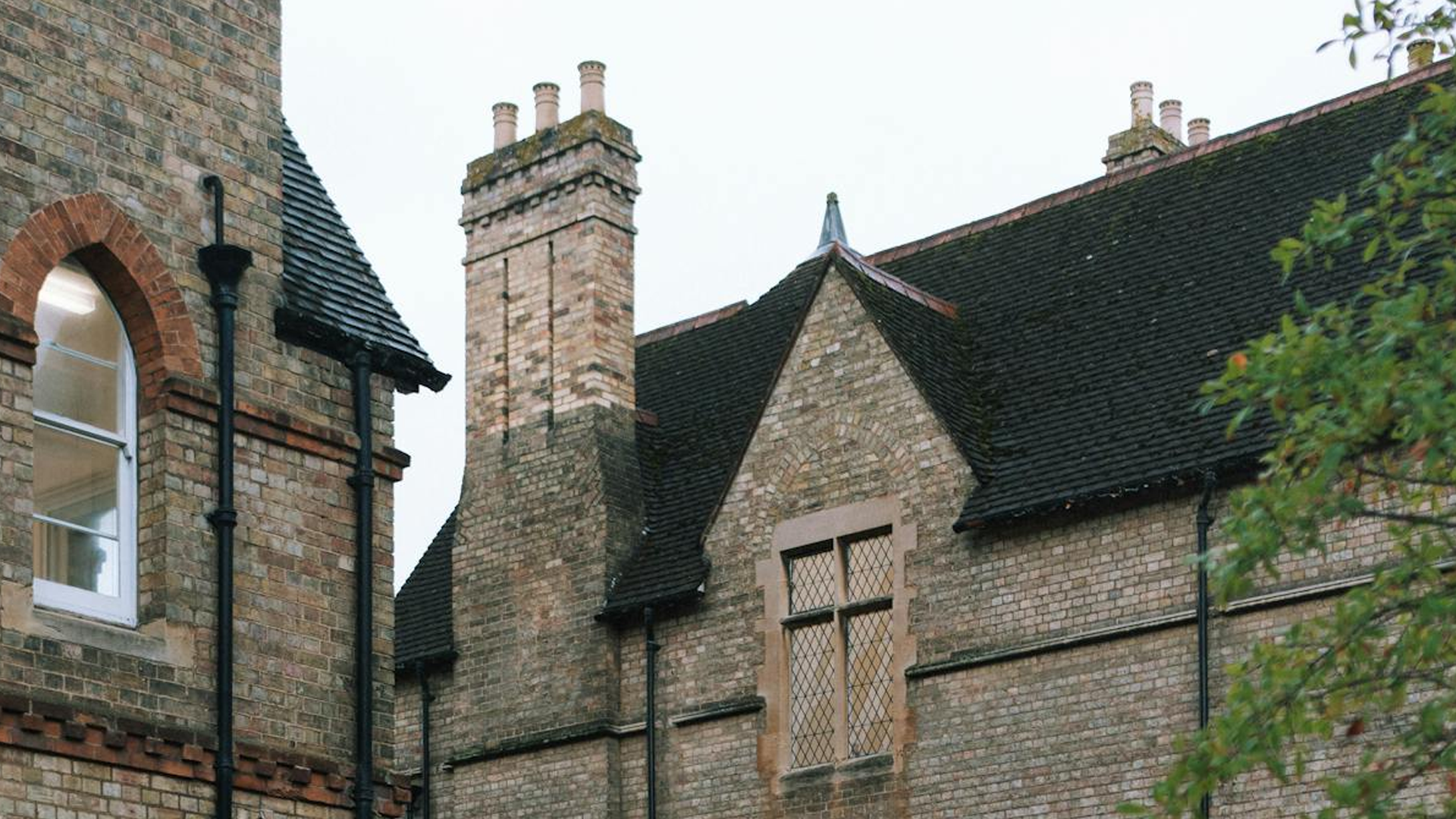Solving Water Seepage in Brick Walls: UK Weatherproofing Guide
In the UK, where rain is a frequent visitor, water seepage through brick walls can be a common and frustrating issue for homeowners. This problem not only affects the aesthetics of a property but can also lead to more serious structural damage if left unaddressed. Understanding the causes and solutions for water coming through brick walls when it rains is essential for maintaining the integrity and value of your home.
Understanding the Problem
Why does water come through brick walls when it rains?
Brick walls are generally sturdy, but they are not immune to the challenges posed by consistent rainfall. Water seepage typically occurs due to various factors:
- Porous Nature of Bricks: Bricks are naturally porous, which means they absorb moisture. Over time, this can lead to water permeating the wall, especially during heavy or persistent rain.
- Deteriorated Mortar Joints: The mortar between bricks can erode over time, creating gaps and cracks through which water can enter.
- Inadequate Drainage: Poor drainage around the property can exacerbate water seepage, as water pools around the foundation and walls.
- Lack of Proper Sealant: Unsealed or improperly sealed brick walls are more susceptible to water penetration.
Diagnosing the Issue: Water Coming Through Brick Wall When it Rains
When faced with the specific issue of water seepage through brick walls, a thorough diagnosis is critical to identifying the root cause and determining the most effective solution. The process involves a series of inspections and assessments, both internal and external, to understand the extent and nature of the problem.
External Examination
- Inspect the Brickwork: Begin with a close inspection of the brick wall during or immediately after rainfall. Look for areas where water appears to be seeping through or where the bricks are unusually damp compared to surrounding areas.
- Check for Cracks and Damage: Examine the condition of the bricks and mortar. Over time, bricks can crack, and mortar can erode, creating pathways for water to enter. Pay special attention to any visible cracks, gaps, or crumbling mortar.
- Gutter and Downspout Inspection: Faulty gutters and downspouts can direct water towards the wall instead of away from the property. Ensure they are free from blockages, correctly aligned, and in good condition.
- Assess the Ground Slope and Drainage: The land around your property should slope away from the foundation. Poor drainage can lead to water pooling around the base of the walls, increasing the risk of seepage.
Internal Assessment
- Look for Dampness and Water Damage: Inside your home, check the walls adjoining the affected brickwork. Signs of dampness, water stains, peeling paint, or wallpaper can indicate where water is penetrating.
- Mould and Mildew Presence: Mould and mildew often accompany moisture problems. Their presence can help identify areas with ongoing moisture issues.
- Smell for Mustiness: A musty smell is a strong indicator of dampness within walls, even if there are no visible signs.
Professional Assessment
For an accurate diagnosis, consider a professional assessment. Experts in weatherproofing and exterior coatings, like our team at All Weather Coating, have the tools and expertise to diagnose the problem accurately. We use moisture meters to measure the level of dampness in the walls and thermal imaging to detect hidden leaks or moisture pockets.
A professional assessment not only identifies the issue behind water coming through brick wall when it rains, but also anticipates potential future problems. This comprehensive approach ensures that any remediation efforts are both effective and long-lasting.
How To Solve Water Coming Through Brick Wall When It Rains
- Repointing and Repairing Mortar Joints
Repointing involves removing the old, damaged mortar and replacing it with new mortar. This process not only enhances the wall’s appearance but also strengthens its resistance to water penetration. It’s a task best left to professionals who can match the new mortar to the existing one in terms of composition, color, and texture.
- Applying Weatherproof Exterior Coatings
One of the most effective solutions for preventing water seepage is the application of high-quality exterior wall coatings. These coatings are specifically designed to provide a waterproof barrier, protecting the brickwork from rain and moisture. All Weather Coating, a leading provider of exterior wall coatings in the UK, offers a range of solutions tailored to combat the challenges of the British climate.
- Improving Drainage
Ensuring proper drainage around your property can significantly reduce the risk of water seepage. This includes cleaning gutters regularly, ensuring downspouts direct water away from the house, and possibly landscaping to improve surface water drainage.
- Sealant Application
Applying a breathable sealant to brick walls can help in repelling water while allowing the bricks to release any moisture they have absorbed. This solution is ideal for homes that experience occasional, rather than persistent, water seepage.
Preventative Measures
Taking preventative measures can save homeowners from costly repairs in the future. Regular maintenance checks, especially after severe weather conditions, are crucial. It’s also advisable to consult with professionals like us at All Weather Coating for periodic inspections and recommendations on the best maintenance practices for your specific property.
Choosing a Professional Service
When dealing with water seepage, it’s essential to choose a reputable and experienced service provider. All Weather Coating has extensive experience in dealing with all aspects of exterior wall coatings and weatherproofing services. Our team of experts can provide a comprehensive assessment and tailor a solution that best fits your home’s needs.
Conclusion
Water coming through brick walls when it rains is a solvable issue with the right approach and expertise. By understanding the causes, diagnosing the problem correctly, and employing effective solutions like repointing, applying exterior wall coatings, improving drainage, and using sealants, you can protect your properties from rain damage.
Remember, the key to dealing with water seepage is not just fixing the current problem but also taking preventative measures to avoid future issues. Regular maintenance, along with professional advice and services, will ensure your home remains dry, safe, and aesthetically pleasing, no matter the weather.
Experiencing water seepage in your home? Contact All Weather Coating for a bespoke solution to protect your property against the UK’s rainy climate. Send an enquiry today and ensure your home stays dry and damage-free.
